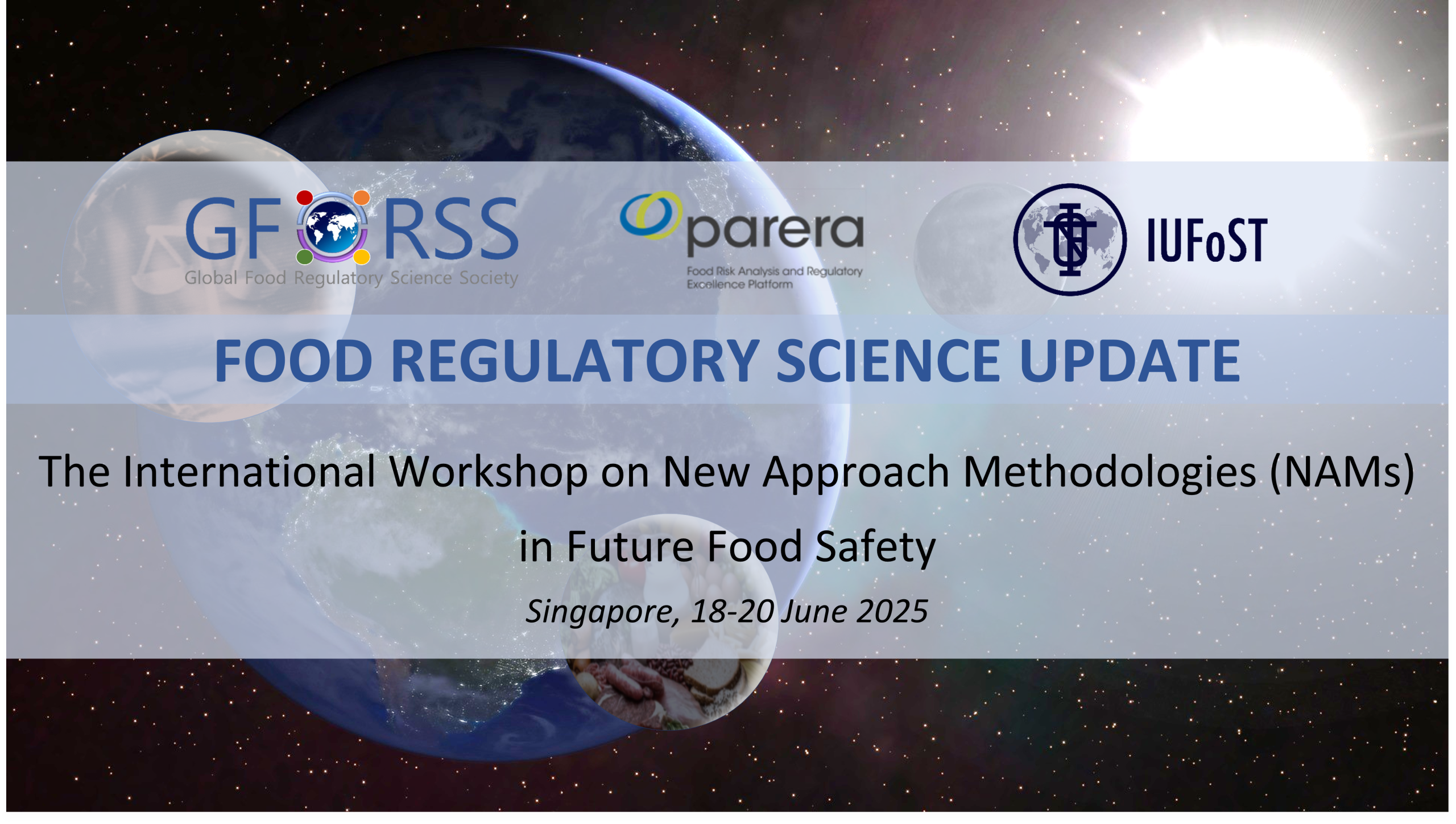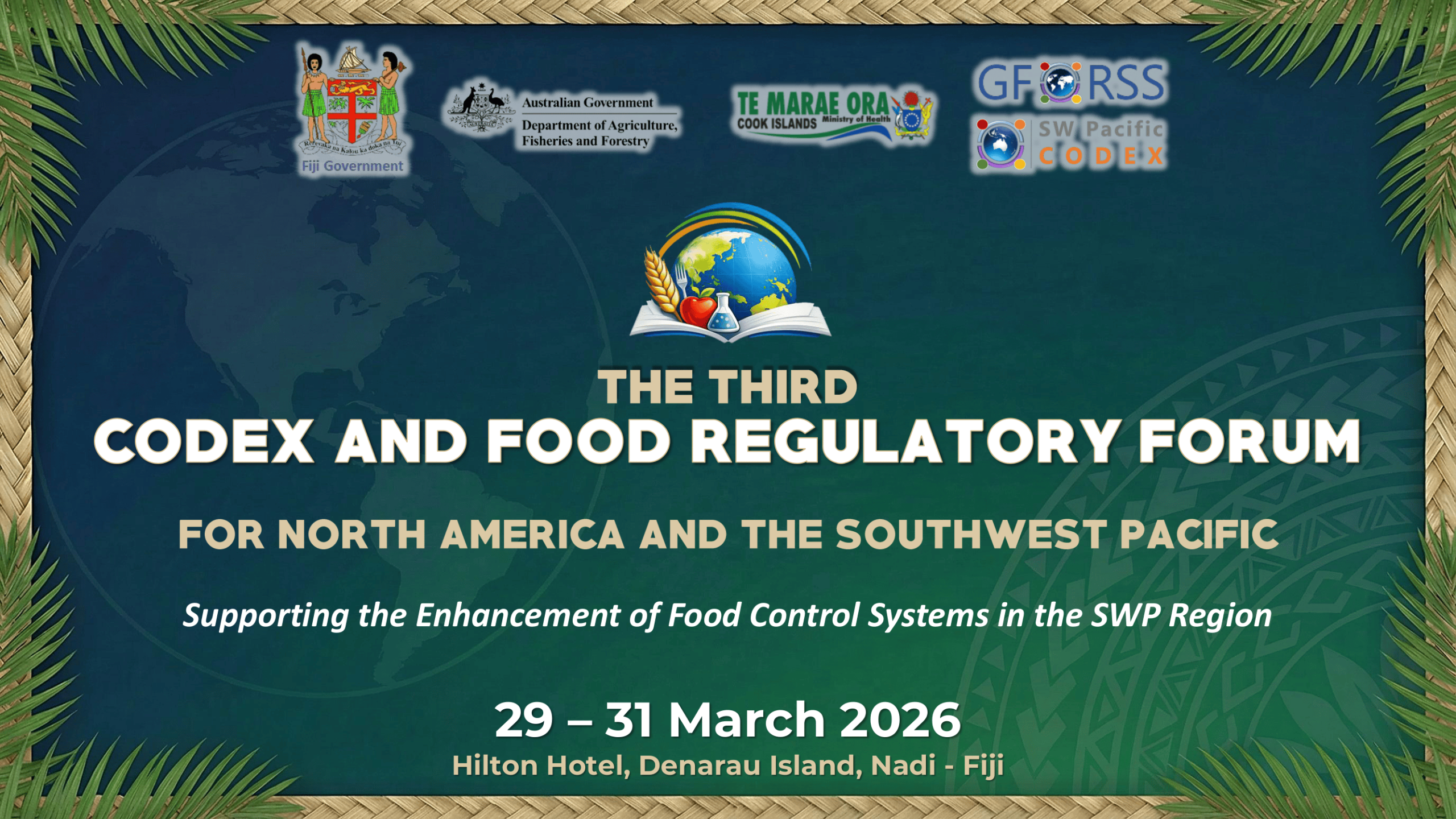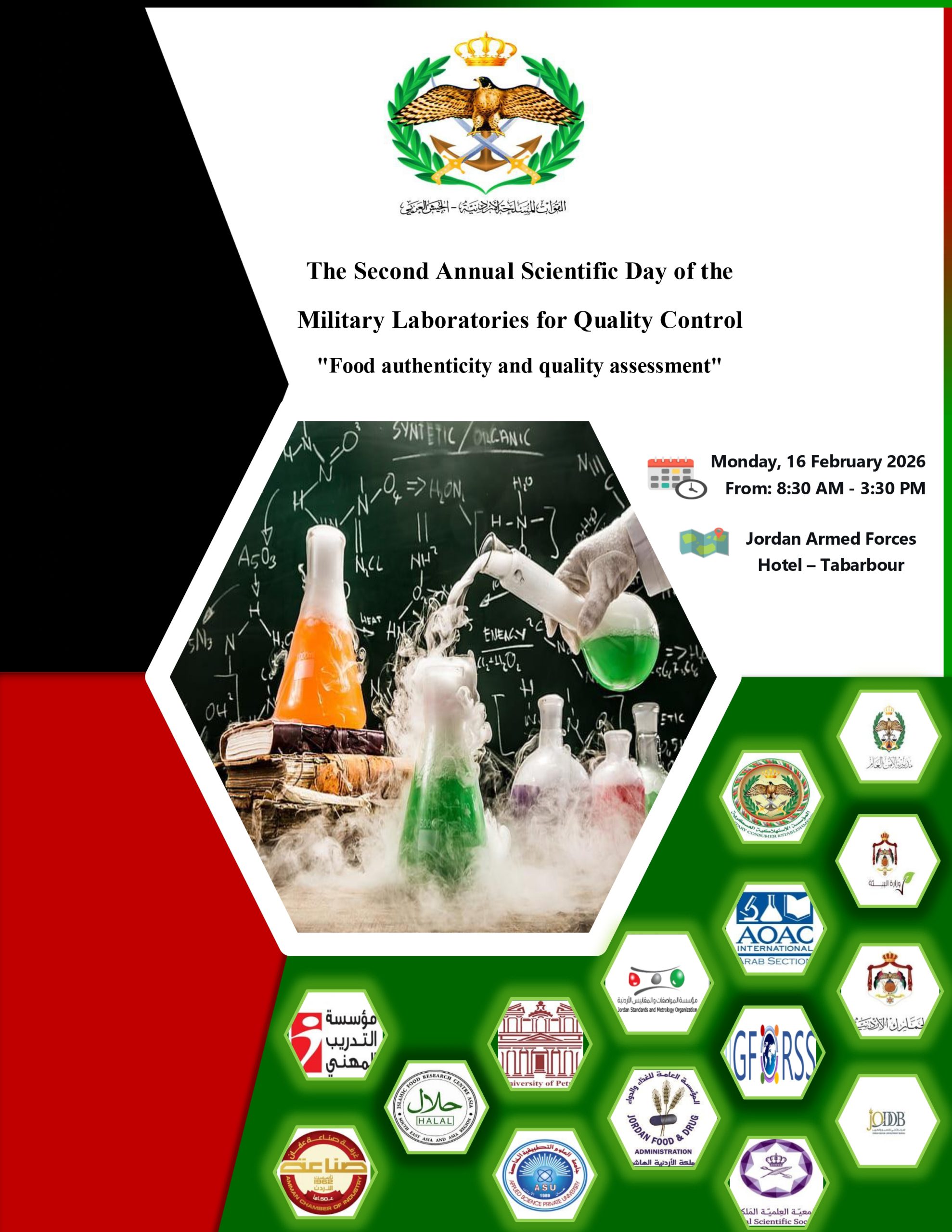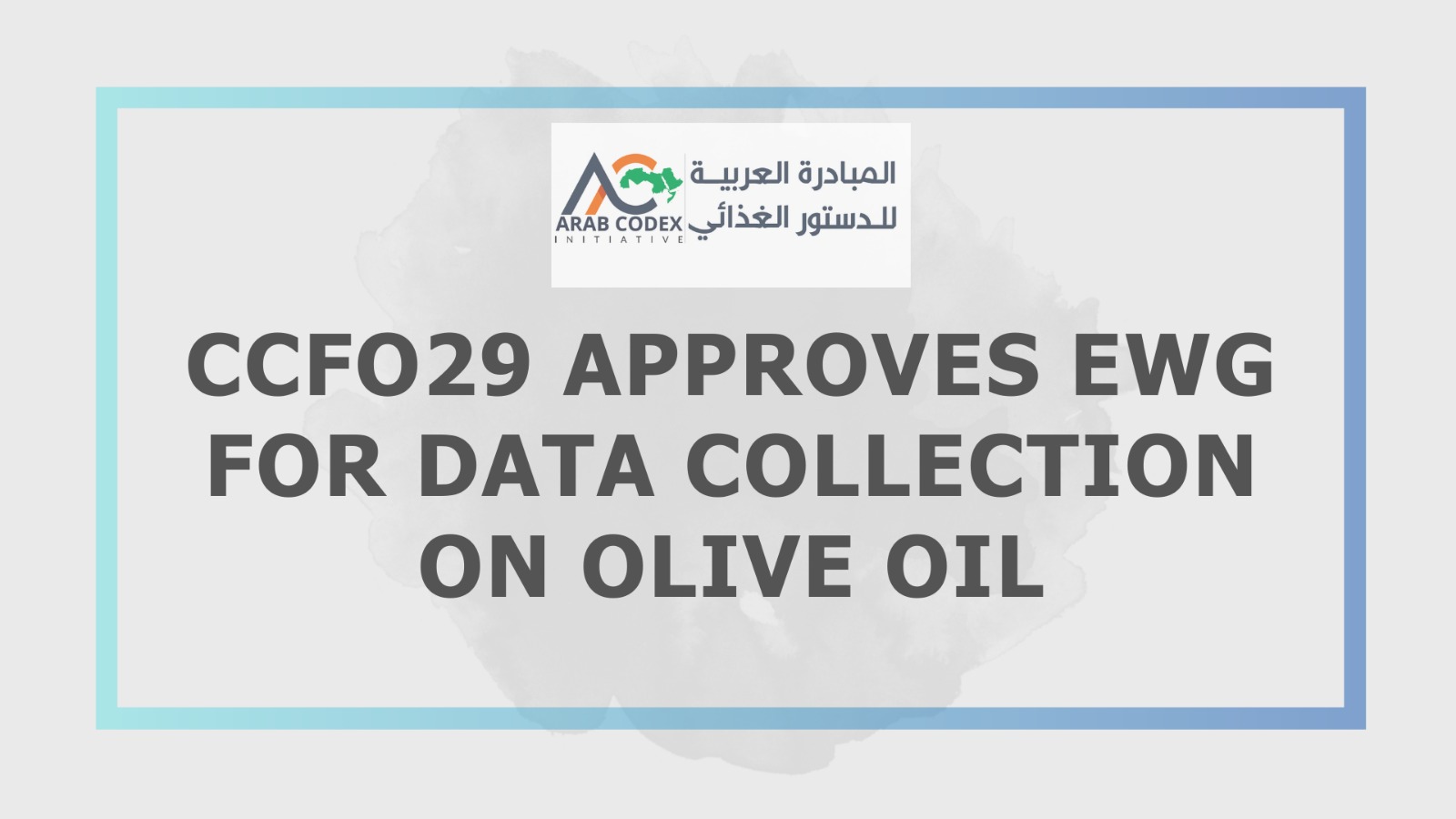International Workshop on NAMs in Future Food Safety
Singapore, 18-20 June 2025
- Workshop Summary and Presentations
The International Workshop on New Approach Methodologies (NAMs) in Future Food Safety
Location, Dates: Singapore, 18–20 June 2025
Organizers: World Health Organization (WHO) and Nanyang Technological University (NTU), with active contributions from the Global Food Regulatory Science Society (GFoRSS).
GFoRSS Role: Prepared background papers, provided introductory presentations and facilitated breakout sessions.
Presentations
- Bridging Innovation and Regulation: A Mapping Review of Strategies to Enable the Global Uptake of New Approach Methodologies (NAMs) in Chemical Toxicology
- Current NAMs applied to chemical toxicology evaluation: Data types and regulatory relevance
Objective
Explore Integration of New Approach Methodologies (NAMs) into Food Safety Risk Assessment.
Key Discussion Topics
- Advances in in-vitro, in-silico, and omics-based approaches.
- Scientific and technical challenges of NAMs, including validation and regulatory acceptance.
- Inclusion of NAMs in risk assessment policies for regulators and reliance on NAMs to support safety assessment of novel foods / processes.
Highlighted Needs and Themes
- Importance of FAIR data principles (Findable, Accessible, Interoperable, Reusable).
- Use of AI to manage and interpret complex datasets.
- Multistakeholder collaboration to foster innovation and uptake.
- Regulatory preparedness through principle-based guidance and cultural shift among scientists and regulators.
- Role of policy enablers, international cooperation, and consumer engagement in advancing NAMs.
Key Outcome
Creation of an international network for NAMs integration, co-led by FAO and WHO, involving risk assessors and other stakeholders.
Detailed Summary
The International Workshop on New Approach Methodologies (NAMs) in Future Food Safety Risk Assessment, held in Singapore from 18 to 20 June 2025, convened a diverse group of stakeholders to explore the integration of New Approach Methodologies (NAMs) into food safety risk assessment. Co-organized by the World Health Organization (WHO) and Nanyang Technological University (NTU), the event also featured active participation from the Global Food Regulatory Science Society (GFoRSS), whose team contributed to the development of the background papers, the introductory presentations and contributed to facilitate breakout sessions.
Discussions showcased innovations in in-vitro, in-silico, and omics approaches, while also addressing the scientific and technical challenges associated with NAMs implementation. Although NAMs show strong potential for early screening and prioritization, issues of validation, interpretation, and regulatory acceptance require further discussion and the development of more experience amongst the food regulators’ community. The importance of data sharing based on FAIR principles (Findable, Accessible, Interoperable, and Reusable), the role of AI in managing complex datasets, and the value of multistakeholder collaboration were part of the key recommendations.
Participants highlighted the need for regulatory preparedness, including principle-based guidance and a shift in mindset among scientists and regulators.
The event also underscored the importance of policy enablers, global cooperation, and effective consumer engagement to support the broader uptake of NAMs as part of food regulatory processes, particularly to support faster access to data corroborating safety assessments.




